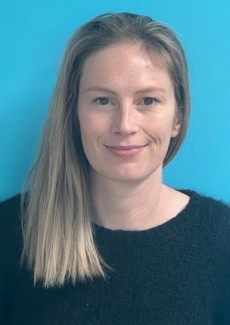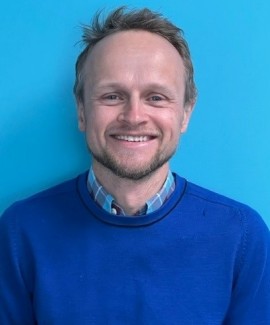Aspiring Medical Centre
Description
We are a friendly Lake Wanaka medical centre offering a range of health services, from general medical care to specialised services. Our medical staff have a broad range of skills and specialisations, so you can access a range of expertise without having to travel from Wanaka.
Staff
Our team is made up of 7 GPs (see details below under “General Practitioners”) and:
General Manager: Caroline Stark
Operational Manager: Vivienne Petrie
Nurse Manager: Lynda Davis
Nurse Practitioner: Nicky Anderson, Rebecca Grant
Practice Nurses: Sue Evans, Jackie Davidson, Margaret Henderson, Eve Thorp, Eilidh Macleod, Mairead Fox, Kirsty Moran, Laura Christie,
Primary Care Assistants: Robyn Hattrill, Megan Paterson, Nicole Wright
Reception/Administration: Charlotte Brebner, Shiree Treanor, Helen Presbury, Liz Hadida, Marina Hone, Jill Mackway-Jones, Millisa Anselmi, Shelley Dowie, Jo Hollobon
Practitioners
Services Provided
- Make an appointment
- Website / App
- Enrolled patients
How do I access this service?
Disability Assistance
- Provision for wheelchair access
- Provision of quiet environment
- Provision for longer appointment time
- Decision making encouragement
- Assistance with mobility
- Provision of spacious environment for mobility
- Provision for New Zealand sign language interpreter service
- Provision of wheelchair accessible toilet
- Provision of mobility parking space





